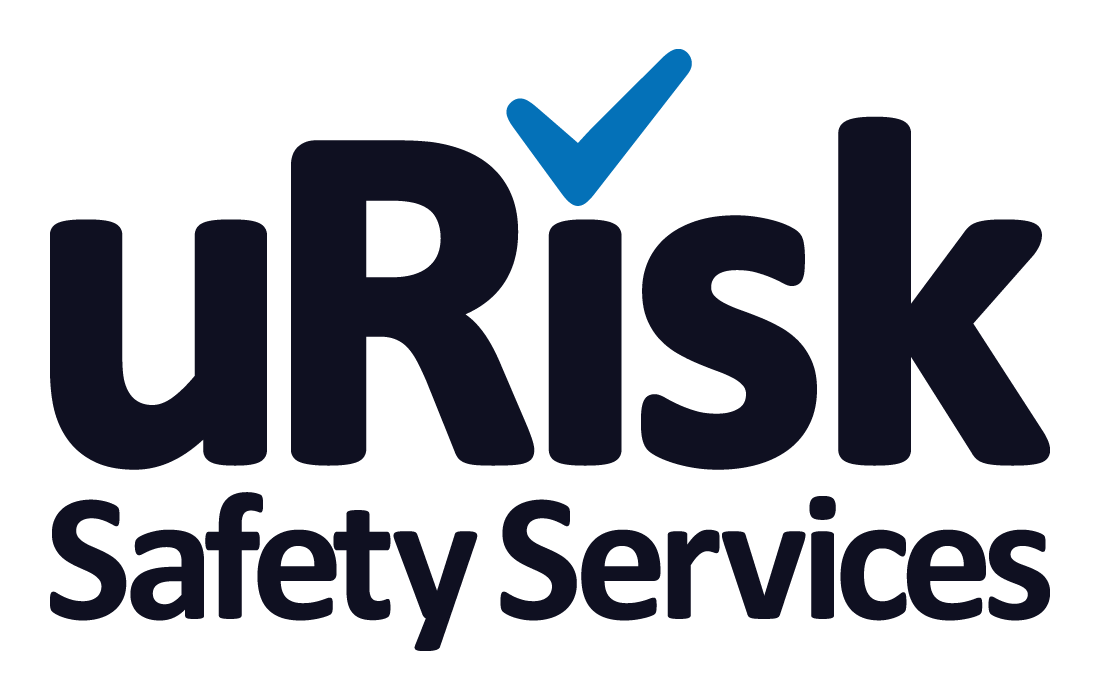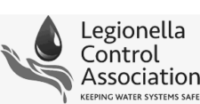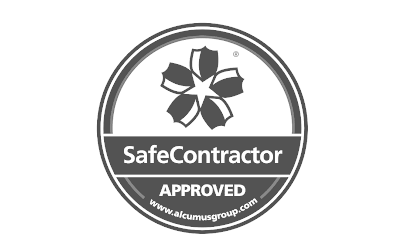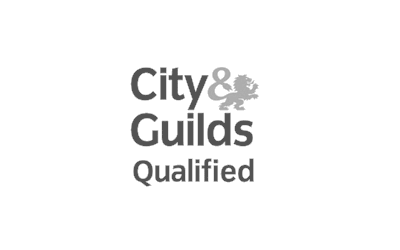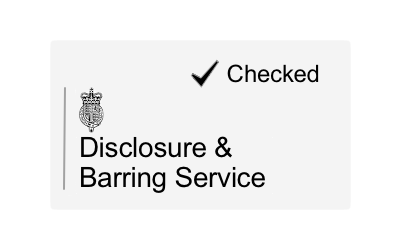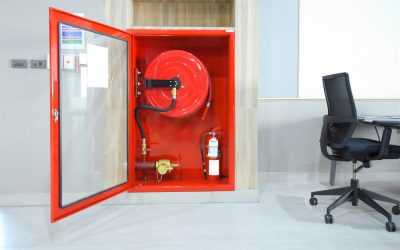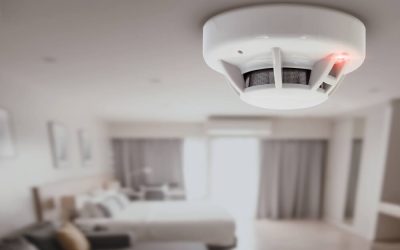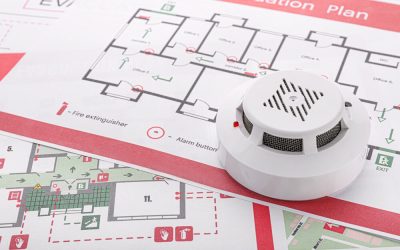7 Useful Tips From Experts In Legionella Risk
If you are a duty holder – which includes employers and people in control of premises (for example, landlords) – managing the risks posed by the legionella bacteria can seem daunting. Here at uRisk, our experts work with businesses of all shapes and sizes to advise on all aspects of legionella risk, so we thought we’d share our top tips to help you stay in control.
1. Understand Where Legionella Poses a Risk
The legionella bacterium is commonly found in natural water sources such as rivers, lakes and reservoirs. However it becomes a risk to humans when it is allowed to grow in a building’s water system as exposure to it can result in a person developing Legionnaires’ disease, a potentially fatal type of pneumonia.
The UK Health & Safety Executive (HSE) advises that there may be a risk of legionella if your workplace or premises has one of the following: a cooling tower or evaporative condenser, dry/wet cooling systems (also known as hybrid or adiabatic coolers), hot and cold water systems, or spa pools. Other potential risk systems highlighted by the HSE are humidifiers, air washers, emergency showers, eye wash sprays, indoor ornamental fountains, aqueous tunnel washers, etc.
Always keep in mind that any water system – and any individual part of that system – potentially poses a legionella risk if the right environmental conditions are present. And managing legionella risks involves a range of factors – from efficient design and maintenance of the system and routine inspections to regular water testing and cleaning/flushing. The requirements for these must be determined by a full risk assessment.
2. Be Aware of What Conditions Lead to Legionella Risk
Legionella thrives in warm, stagnant water. Your building’s water system or water-based facilities will pose a risk if water is stored and/or recirculated as part of the system, the water temperatures are between 20°C and 45°C in any part of the system, nutrients such as sediment or algae are present, and it is possible for water droplets (aerosols) to be produced and dispersed into the environment. Another risk factor is created if anyone working in, staying in or visiting your premises is at a higher risk from legionella (see later).
If there is poor or inadequate management or maintenance of a water system or water-based facility, and the above conditions are present, legionella is given the perfect opportunity to multiply, spread and cause infection.
3. Be Aware of How Legionella Spreads
Legionella is a waterborne bacterium, and infection occurs when droplets of water (aerosols) contaminated with the bacteria are inhaled. It can then settle in the lungs and develop into Legionnaires’ disease. Legionella does not spread from person to person, and any outbreaks are usually caused by the infected people having all used or come into contact with a particular water system.
4. Know Who Is At Risk
When it comes to Legionnaires’ disease, everyone is at risk of infection. However, there are some people who are at a higher risk, including people over 45 years of age, smokers and heavy drinkers, people suffering from chronic respiratory or kidney disease, diabetes, lung and heart disease, or anyone with an impaired immune system. Exposure to legionella can also cause other similar but less serious conditions of Pontiac fever and Lochgoilhead fever, which can affect all people.
5. Know the Law
It is important to be aware of your legal responsibilities when it comes to legionella risk, and the control of legionella bacteria in water systems is regulated by a number of health and safety laws. The HSE’s Approved Code of Practice (ACoP) gives advice on your legal responsibilities, which it summarises as follows: “These include identifying and assessing sources of risk, preparing a scheme to prevent or control risk, implementing, managing and monitoring precautions, keeping records of precautions and appointing a manager to be responsible for others.”
6. Maximise Your Knowledge
If you are a duty holder, ensuring you are fully informed about the risks from legionella is key – no matter what size of premises you are looking after. Managing legionella risk is a legal obligation, so there is no room for errors caused by lack of knowledge or awareness. At uRisk, we run both online and in-person CPD-certified Legionella Awareness Training Courses covering everything you need to know about your duties and responsibilities.
7. Carry Out Regular Risk Assessments
With legionella, control and prevention are better than cure. Carrying out regular legionella risk assessments, and therefore taking action to stay ahead of legionella, will not only give you peace of mind and ensure you remain fully HSE compliant, but it will also avoid potentially expensive remedial works and disinfection. Any risk assessment must be carried out by a competent person who has the necessary skills, knowledge and experience to manage health and safety, including any control measures, and who understands the water system and any associated equipment. This could be yourself, one or more workers, someone from outside your business, or a combination of those people.
Need a Legionella Risk Assessment?
As a water risk assessment and water hygiene service provider, uRisk carries out a full range of services including legionella risk assessments, as well as legionella remedial works, legionella testing, ongoing monitoring, water tank cleaning, and staff training. Our experts are here to give you all the advice you need about legionella safety, and if you would like us to carry out a Legionella Risk Assessment at your premises, contact us for more details.
Legionella and Water Hygiene Blog Posts
Office Fire Risk Assessment
As you would expect, keeping your office safe from the risk of fire is a legal requirement under the Regulatory Reform (Fire Safety) Order 2005. If you are the owner or manager of a business, or landlord of an office building, it is your responsibility to ensure your...
Fire Risk Assessment For Flats
Your legal requirements as a landlord include taking precautions to keep your tenants safe, including when it comes to the risk of fire in flats. As part of the fire safety regulations, fire risk assessments for flats is therefore part of your legal obligation to...
Getting A Risk Assessment For Fire in the UK
As an employer, landlord or facilities manager, it is your legal responsibility to keep everyone who uses your premises safe. A fire risk assessment is an important part of this because it identifies what might cause a fire so you can take steps to prevent one, as...
